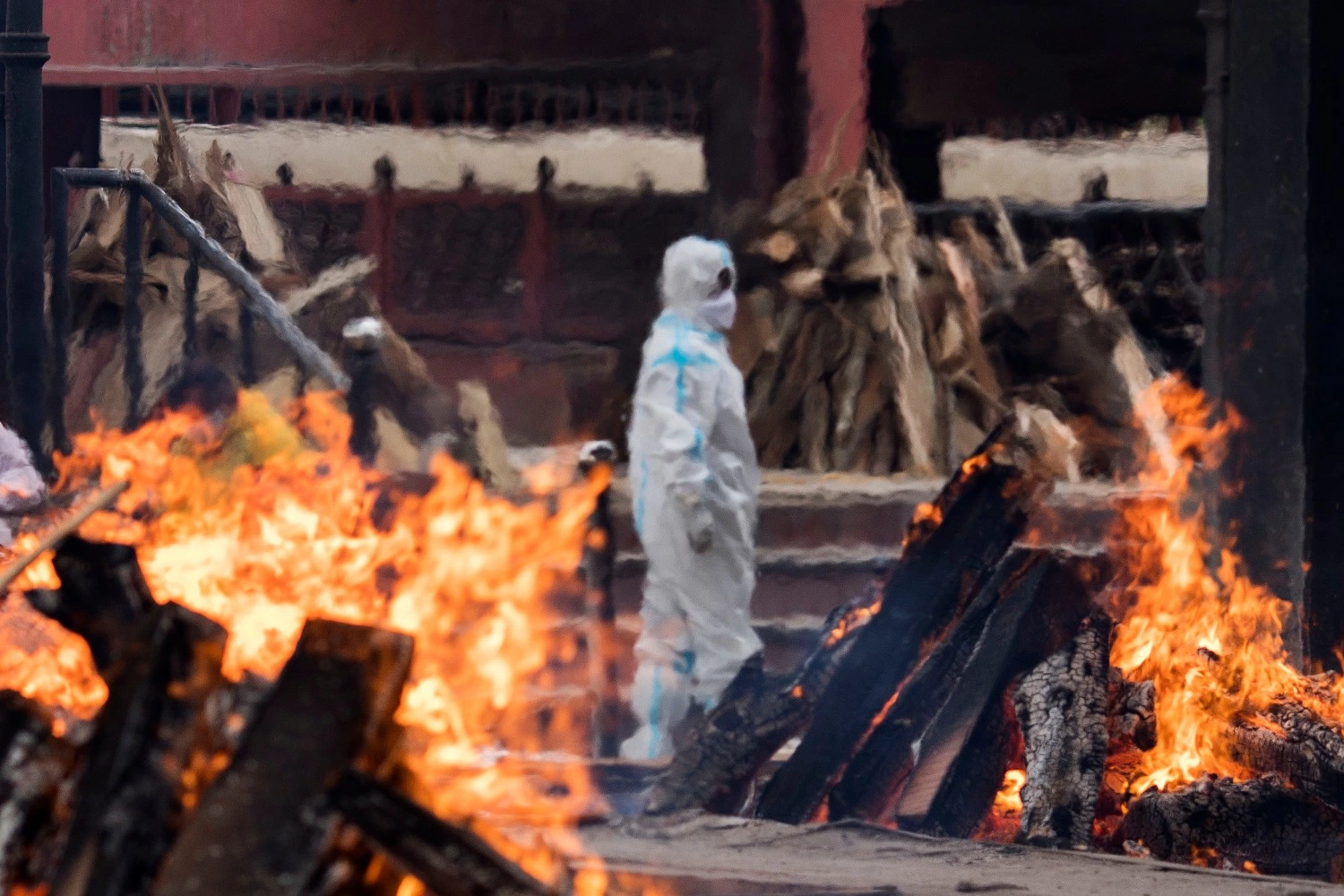The second wave of COVID-19 has caused tremendous damage in India. In June of 2020, India had reported 10,000 COVID-19 cases and began adding around 35,000 more cases every day after that. Then, in February 2021, cases in India were rising by 22,000 daily. However, this only worsened after the second COVID-19 wave intensified causing nearly a daily average of 89,000 cases daily.

According to the World Health Organization (WHO), “India is reporting [the] highest number of daily cases in the world, almost 50% of new cases reported in the world.” Specifically, “the Indian state Maharashtra is still leading the tally with over four million cases, followed by Kerala, Karnataka, Uttar Pradesh and Tamil Nadu which each have over one million cases.”
A virologist, one who “oversees the diagnosis, management and prevention of infection,” by the name of Shahid Jameel says, “double mutation in key areas of the virus’s spike protein may make the virus more infectious and allow it to escape the immune system.” Meaning, because of a certain mutation in the COVID-19 virus, the infection is able to be more easily spread. Therefore, Dr Jameel believes that a double mutation, or a new strain of COVID-19 could be the reason for the recent surge of cases in India.
Additionally, because India had not begun investigating mutations in the COVID-19 strain sooner, less information was known on the virus in India. Genome sequencing is essential in a pandemic as it allows scientists to monitor changes in the virus. “If you can catch a more infectious variant early on in a region, you can quickly put in public health measures to stop it from spreading wider in the community,” he explains.
However, by the time in February when India began to utilize “ a group of labs to speed up [genome] sequencing” The second wave had already begun to emerge. Thus, making genome sequencing, testing for mutations, a difficult task.
Over two weeks ago, multiple mutations of COVID-19 were found in India. “Genomic data indicated that B.1.1.7, first identified in the United Kingdom, was dominant in Delhi and the state of Punjab, and a new variant dubbed B.1.618 was present in West Bengal. B.1.617 was dominant in Maharashtra.”
WHO reports that India holds the fourth highest number of deaths in the world. Dr. Dr Osman Dar from the Global Health Programme believes, “What may well work in India’s situation is targeted measures around specific social behaviours and risks – for example night-time curfews and limiting alcohol sales to reduce social interactions and consumption in public or social settings indoors, such as nightclubs or bars.” These are restrictions India can implement in order to strive for lesser deaths from COVID-19.
WHO’s Global Update mentions, “On World Immunization Week, WHO, UNICEF & GAVI highlights the urgent need for a renewed global commitment to improve vaccination access and uptake. The immunization services have started to recover from disruptions caused by COVID-19, millions of children remain vulnerable to deadly diseases.” Moreover, Henrietta Fore, the UNICEF Executive Director states, “Even before the pandemic, there were worrying signs that we were beginning to lose ground in the fight against preventable child illness, with 20 million children already missing out on critical vaccinations. The pandemic has made a bad situation worse, causing millions more children to go unimmunized. Now that vaccines are at the forefront of everyone’s minds, we must sustain this energy to help every child catch up on their measles, polio and other vaccines. We have no time to waste. Lost ground means lost lives.”

